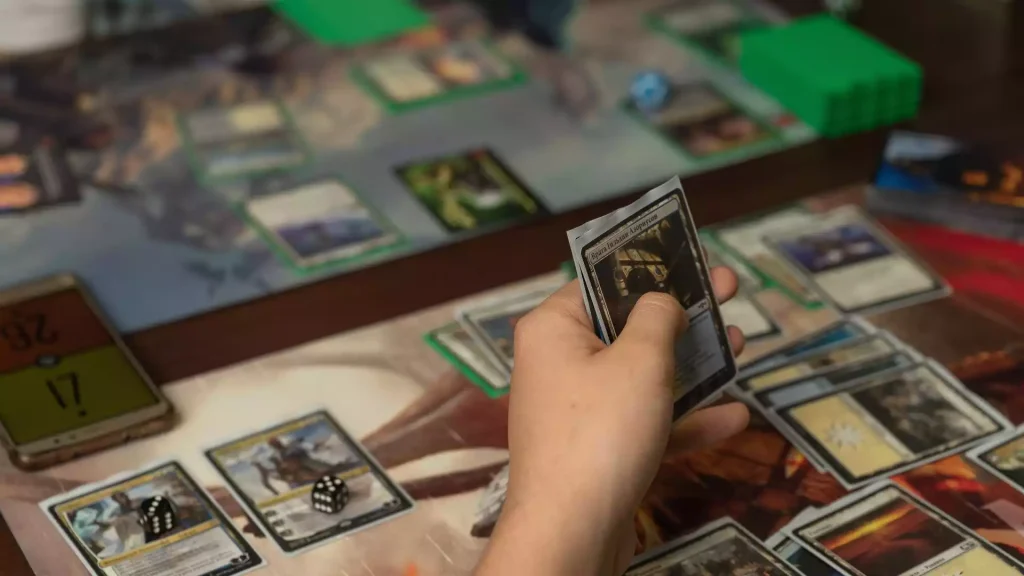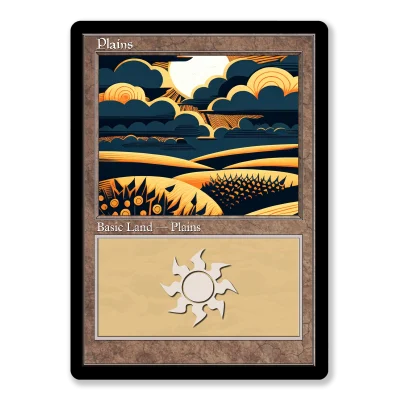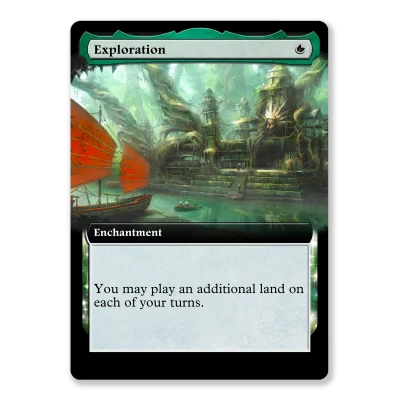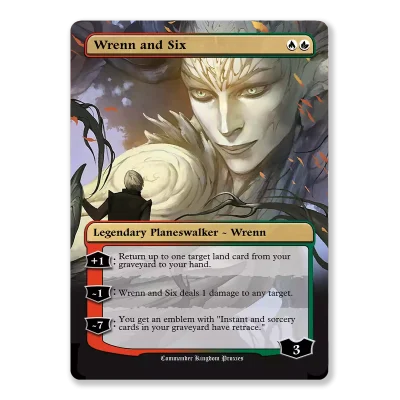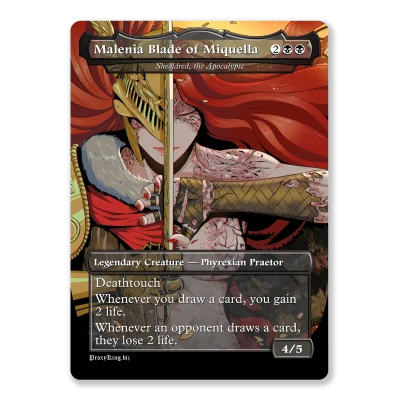Are proxies legal MTG? Many players in the Magic: The Gathering (MTG) community ask this question. Proxy cards are substitutes for real Magic cards. Some people make them at home for personal use. Others create printed proxies with their own art or a different card layout.
Sometimes, folks just write rules text on a basic land. Proxy makers do this to save money on expensive cards like Black Lotus or to playtest cards before buying the actual card. But these proxies are not authentic cards from Wizards of the Coast, and they do not count as official cards.
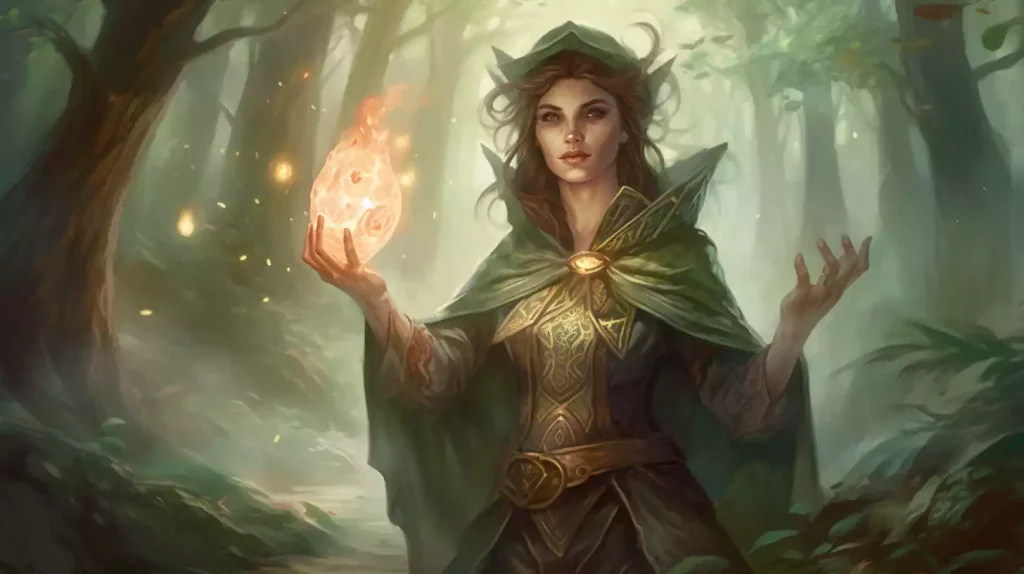
What are Proxy Cards?
Proxy cards are homemade copies or stand-ins for Magic: The Gathering (MTG) cards that are not officially printed by Wizards of the Coast. These proxy cards can be crafted by players themselves or purchased from third-party companies.
Often, proxies are used to play with cards that are expensive, rare, or simply hard to come by. Players might create these proxies by printing out the card image on high-quality cardstock, altering an existing card by painting over the original artwork, or using card editing software to design a custom card. Whether for playtesting new deck ideas or just for fun, proxy cards offer a flexible way to enjoy MTG without the need for authentic magic cards.
The Benefits and Drawbacks of Proxy Cards
Proxy cards come with their own set of benefits and drawbacks within the Magic: The Gathering community.
Proxies in Official Tournaments
Most sanctioned events, including DCI sanctioned events, do not allow proxies. Only real cards are legal in official tournaments. Wizards of the Coast has strict rules to prevent any grey area with counterfeit cards. Wizards of the Coast also has guidelines to police playtest cards, ensuring they are not used in official, sanctioned events.
If a card is accidentally damaged during a sanctioned tournament, the Head Judge may issue a proxy for the rest of the event. That is the only time a proxy is fine in competitive play. Trying to use your own proxies in these events is not allowed. Wizards protects the game by insisting on authentic cards for all competitive play.
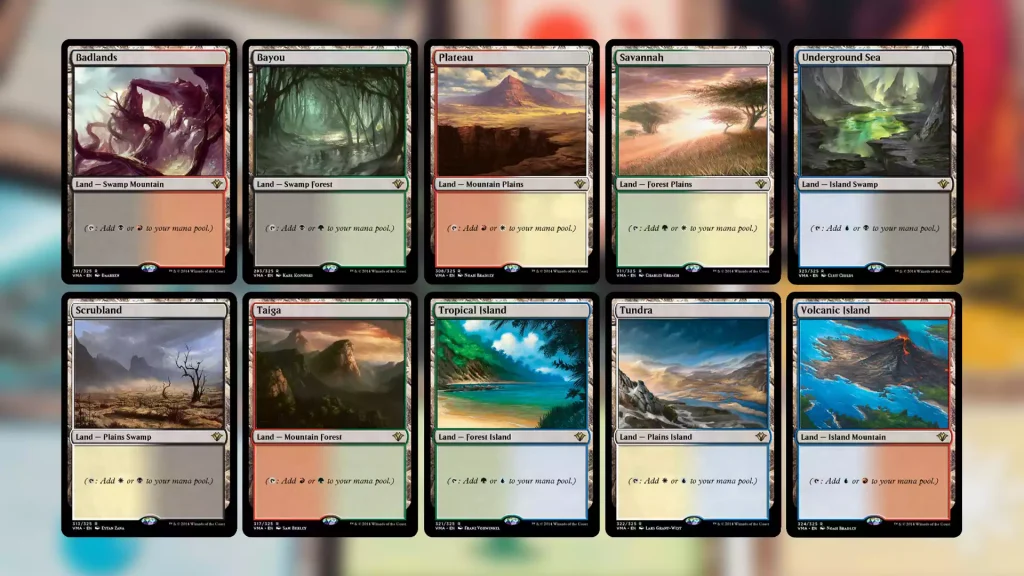
Casual Use and Local Game Stores
Casual formats are more flexible. Within the magic community, the use of proxies in casual play is often accepted if all players agree. Many local game stores let players use proxies in casual play if everyone agrees. You might see proxies at a kitchen table game or in friendly groups. It can be perfectly fine to add printed proxies to your deck when you just want to have fun.
Some people enjoy creating their own cards with new mana symbols or their own art. But each store and community has its own rules. If you plan to join a sanctioned tournament, you’ll still need real magic cards. Proxies can be pretty cool for home printing and testing, but they are not allowed in competitive events.
Counterfeit Cards vs Proxies
Counterfeit cards aim to trick people into thinking they are authentic. They copy existing card designs, official art, and even the feel of real cards. This is illegal, and Wizards of the Coast takes action against counterfeiters. Unlike a playtest card, which is used for testing purposes and lacks official art, proxies are often used for casual play and personal use.
Proxies, however, are usually non commercial, and their usage takes place among friends or for personal playtesting. You might see a card written on a piece of paper taped to a different card. Or you might see a bunch of custom art that clearly states “proxy.” These proxies are not made to be sold as real MTG cards. But once money enters the picture, it crosses into a problematic zone. Always keep your proxies distinct from actual card stock so you don’t confuse other players.
The Green Dot Test for Authenticity
The green dot test is a simple way to check if a Magic card is real. On the back of every MTG card, near the bottom right corner of the oval, there is a small green dot. This dot isn’t just a solid color—it contains tiny details that are hard to replicate.
To perform the test, use a magnifying glass or take a close-up photo. On an authentic card, the green dot will have a distinct rosette or circular pattern. Counterfeit cards often miss this detail, showing a blurry or solid green dot instead.
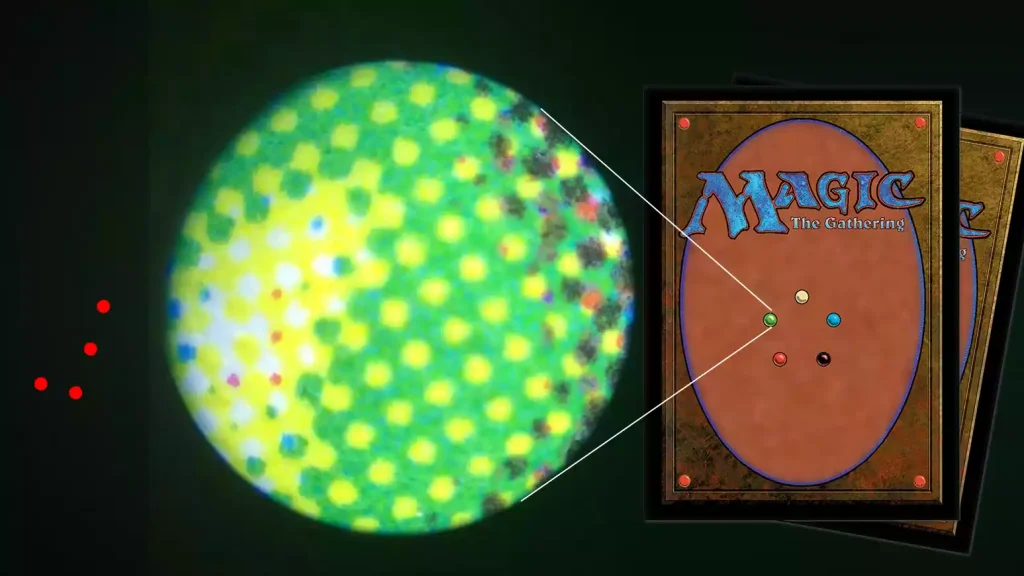
While the green dot test isn’t foolproof, it’s a quick method for spotting obvious fakes. For a more thorough check, compare the card’s weight, texture, and light test results to a real Magic card.
Best Practices for MTG Proxies
If you decide to use MTG proxies, keep them clear and honest. One common method is printing proxies, where players print their own art and glue it over a damaged card. Show the rules text and mana symbols. Mark them as proxies so no one mistakes them for authentic cards. There are a few different ways to do this. You can print your own art and glue it over a damaged card, or you can write on a basic land. Make sure players agree before the game begins. Remember that official tournaments require real cards, so limit proxies to casual play, kitchen table sessions, or friendly events at your local store. Also, avoid any non-commercial use that looks like you’re selling fake cards. Proxies should stay in the realm of personal use.
Recommended Proxy Sites
If you’re looking to print or purchase proxies for casual play, several trusted sites offer high-quality options.
- ProxyKing.biz – Known for excellent print quality and realistic feel, ProxyKing.biz is a great choice if you want proxies that closely resemble real Magic cards. Their attention to detail makes them ideal for playtesting or casual use.
- PrintMTG.com – PrintMTG.com stands out for custom proxy options, allowing you to use your own art or designs. This site is perfect if you want to create unique proxies that reflect your personal style while keeping the correct rules text and mana symbols. They also offer print on demand proxy cards.
- ProxyMTG.com – ProxyMTG.com offers affordable printed proxies with fast turnaround times. If you need a bunch of proxies quickly for a kitchen table game or to fill out a deck, ProxyMTG.com provides a cost-effective solution.
Each of these sites caters to different needs—choose ProxyKing.biz for realistic proxies, PrintMTG.com for custom designs, and ProxyMTG.com for quick, budget-friendly options.
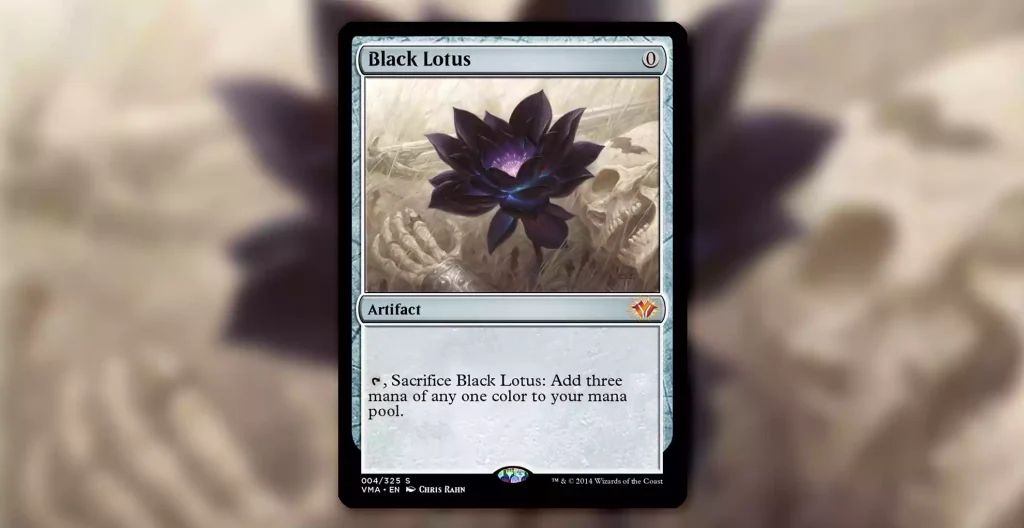
Most Common MTG Cards to Proxy
Proxying is popular for expensive or hard-to-find Magic cards. Here are some of the most commonly proxied cards:
1. Dual Lands (Original Alpha/Beta/Unlimited/Revised)
- Examples: Underground Sea, Volcanic Island, Tropical Island
- Dual lands are essential in many formats but are extremely costly, making them top proxy choices for Commander and casual play.
2. Fetch Lands
- Examples: Scalding Tarn, Polluted Delta, Misty Rainforest
- Fetch lands are vital for mana consistency across formats like Modern and Legacy. Their price and utility make them frequent targets for proxies.
3. Power 9
- Examples: Black Lotus, Mox Sapphire, Time Walk
- The iconic Power 9 cards are mostly used in Vintage and are often proxied for cube drafts or high-powered casual games.
4. Commander Staples
- Examples: Jeweled Lotus, Mana Crypt, Dockside Extortionist
- Expensive Commander staples are regularly proxied by players who want to build competitive decks without spending large amounts of money.
5. New Format Staples
- Examples: The One Ring, Ragavan, Nimble Pilferer, Orcish Bowmasters
- Recent powerful cards that dominate formats like Modern and Legacy are frequently proxied while they remain pricey or hard to obtain.
Proxying these cards allows players to enjoy Magic without breaking the bank, particularly in casual and kitchen table games.
Conclusion
So, are proxies legal MTG? In sanctioned tournaments, no. Wizards of the Coast allows proxies only when a card is accidentally damaged during the event, and the Head Judge gives approval. For casual formats, proxies are often fine if everyone is on board.
They help you play Magic without spending a lot of money on expensive cards, and they let you try new deck ideas. But keep your usage fair and transparent. Never sell proxy cards as real magic cards. Stick to personal, home printing and casual use, and you’ll keep things legal and fun for the MTG community.

